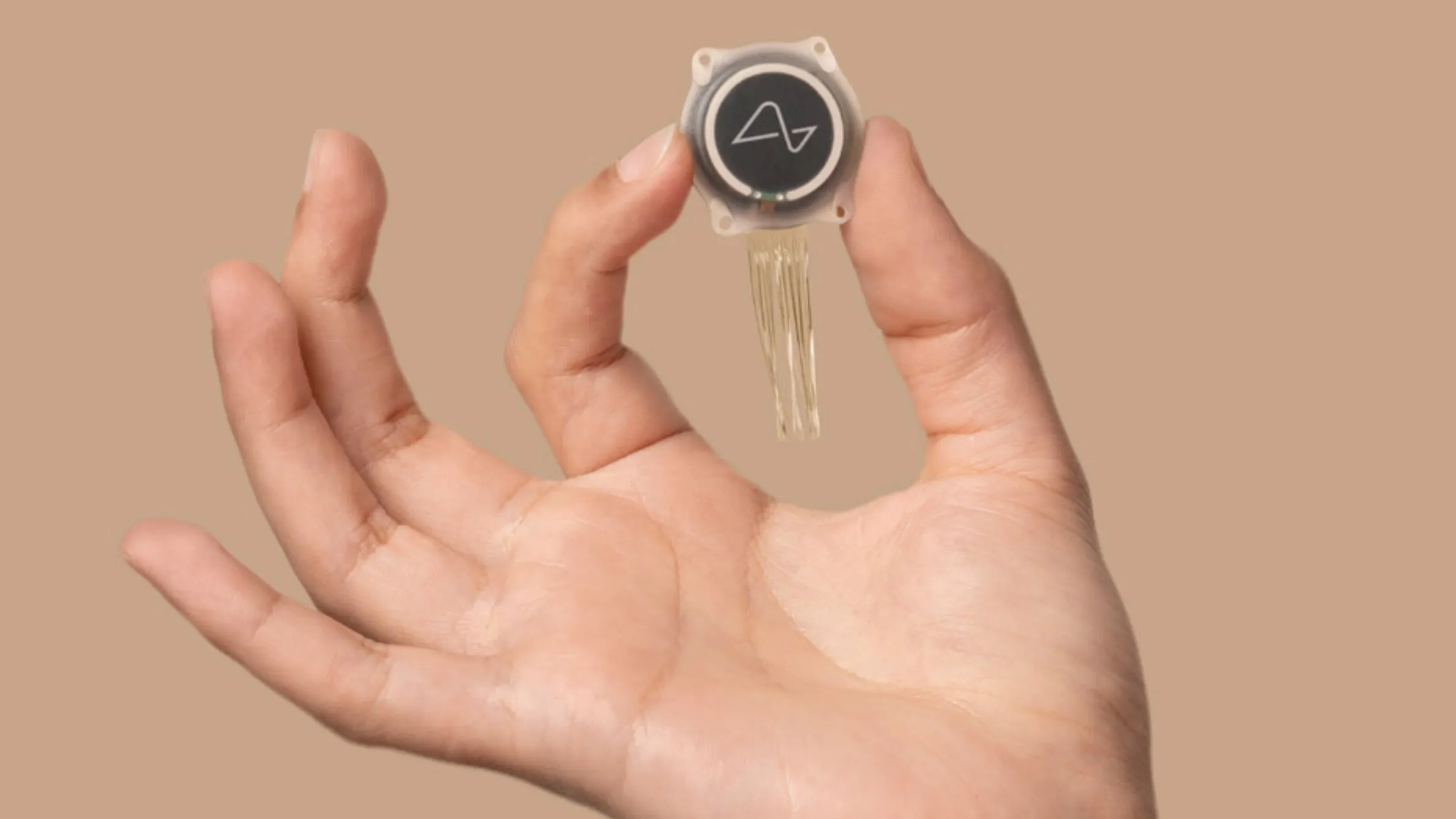Neuralink's Historic Milestone: Implanting Brain-Computer Chip Sparks Excitement and Concerns
In a groundbreaking move that has sent ripples through the scientific community, Neuralink, led by visionary entrepreneur Elon Musk, proudly announces the successful implantation of a brain-computer chip in a human patient. This achievement represents a monumental step forward in the company's ambitious mission to seamlessly integrate human brains with computers.
The implant, roughly the size of a small coin, was delicately inserted into the patient's motor cortex, responsible for controlling movement. Engineered to enable individuals to manipulate computers and devices through mere thoughts, this technological leap holds immense promise for transforming how we engage with the world.
The anonymous patient is reportedly recuperating well, with early indications showcasing the chip effectively recording brain activity. Neuralink is actively developing software to empower the patient to harness the implant's potential in computer control.
This milestone has elicited a blend of excitement and caution within the scientific and public spheres. Proponents see an array of possibilities, from empowering paralyzed individuals to regain control of their limbs to providing a more natural and intuitive means of device interaction.
Yet, concerns linger, as with any groundbreaking technology. There are apprehensions about potential security risks, such as the possibility of the implant being hacked, potentially granting unauthorized control over an individual's thoughts and actions. Ethical dilemmas also surface, including debates over the fair and safe utilization of this technology and its potential to amplify societal disparities.
As we contemplate the benefits and risks of brain-computer chips, it becomes evident that the potential advantages are vast. These chips hold the promise to:
1. Restore Mobility: Enable individuals with paralysis to regain control of their limbs.
2. Address Neurological Conditions: Aid those with neurological disorders like Parkinson's disease or epilepsy.
3. Intuitive Device Control: Provide a more natural and intuitive way to interact with our devices.
4. Performance Enhancement: Enhance human performance, particularly in areas like learning and memory.
However, acknowledging potential risks is crucial. Brain-computer chips could:
1. Security Vulnerabilities: Be susceptible to hacking, compromising the privacy and control of the individual.
2. Mental Health Implications: Contribute to addiction or other mental health issues.
3. Societal Dependence: Foster a society overly reliant on technology, potentially exacerbating existing social inequalities.
Ethical considerations are paramount, urging us to ponder:
1. Performance Enhancement Ethics: The ethical implications of using this technology to enhance human performance.
2. Access and Usage Control: Who will have access to this technology, and how will it be regulated?
3. Long-Term Consequences: The potential far-reaching consequences of widespread adoption of brain-computer chip technology.
In conclusion, the implantation of a brain-computer chip in a human represents a monumental stride into uncharted territory. While the long-term impact remains uncertain, the transformative potential is undeniable. A comprehensive and transparent discussion about the benefits and risks is imperative before widespread adoption. Striking a balance between innovation and ethical responsibility will be key to ensuring that this technology benefits humanity as a whole.


No comments:
Post a Comment